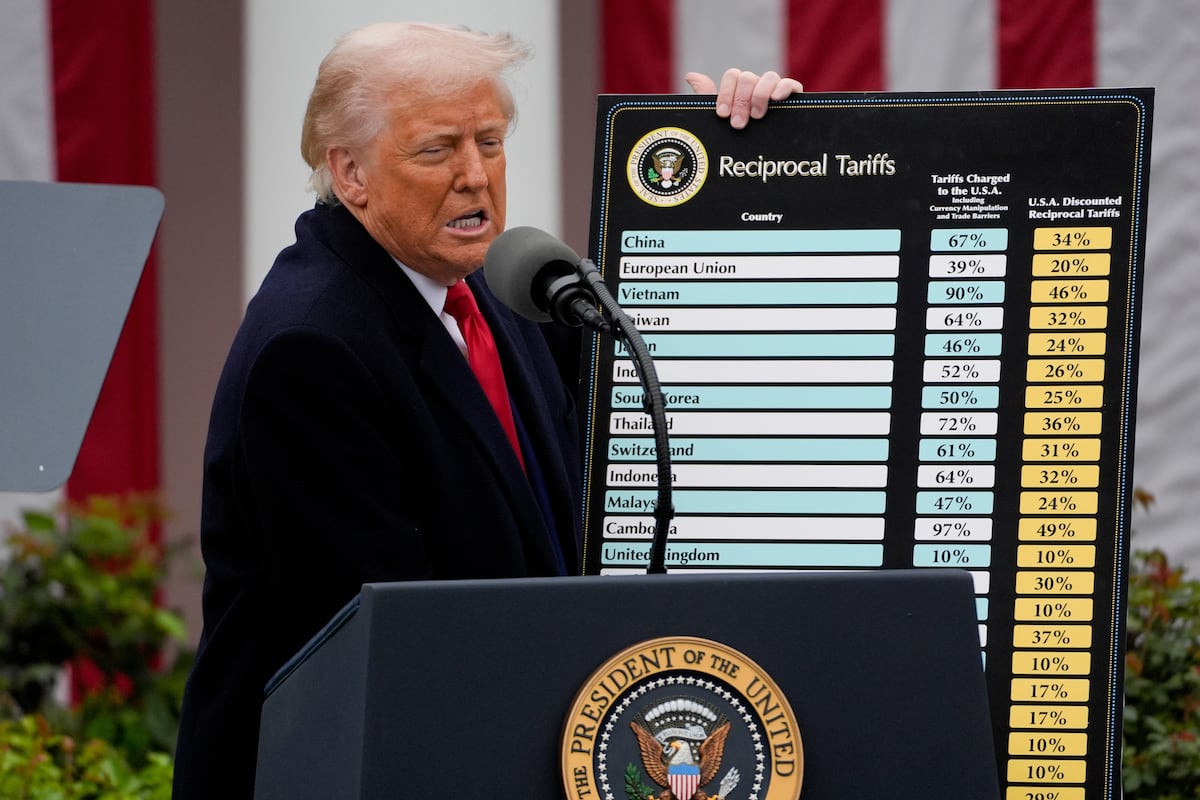Luxury Brands' Trump Card: How Global Giants Are Doubling Down on American Markets

In a surprising trend, businesses spanning multiple industries are strategically pivoting towards domestic expansion, seemingly in direct response to presidential economic initiatives. Economic experts, however, are sounding a cautionary note, suggesting that this widespread shift could potentially trigger a ripple effect of increased expenses for both consumers and corporate entities.
The emerging landscape reveals companies across sectors actively exploring ways to localize their operations, potentially driven by a combination of political encouragement and strategic repositioning. While the immediate intention appears to align with national economic goals, the long-term implications could be more complex and financially challenging.
Analysts are particularly concerned that the push for domestic production and expansion might inadvertently create economic pressures. The anticipated rise in operational costs could ultimately be passed down to consumers, potentially leading to higher prices for goods and services across various markets.
